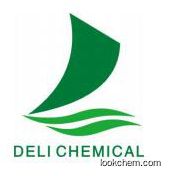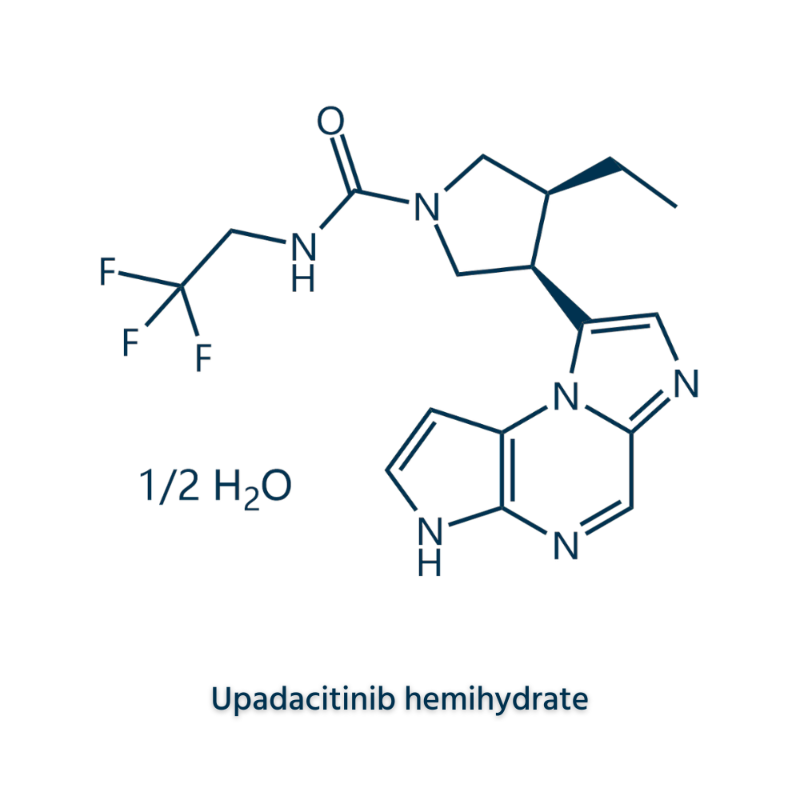-
Categories
-
Pharmaceutical Intermediates
-
Active Pharmaceutical Ingredients
-
Food Additives
- Industrial Coatings
- Agrochemicals
- Dyes and Pigments
- Surfactant
- Flavors and Fragrances
- Chemical Reagents
- Catalyst and Auxiliary
- Natural Products
- Inorganic Chemistry
-
Organic Chemistry
-
Biochemical Engineering
- Analytical Chemistry
-
Cosmetic Ingredient
- Water Treatment Chemical
-
Pharmaceutical Intermediates
Promotion
ECHEMI Mall
Wholesale
Weekly Price
Exhibition
News
-
Trade Service
ASCO FrontiersCar-T therapy for recurrent/incurable lymphoma major breakthrough summaryembedded antigen receptor T-cell therapy (chimeric antigen receptor T-celltherapy, CAR-T) as the more effective treatment of lymphoma, compared with traditional chemotherapy, radiotherapy and targeted treatment and other efficacy significantly increased, providing hope for the cure of lymphomaNovartis and Kite's CAR-T cell therapy were approved in the U.Sin August and October, respectively, a major milestone in the treatment of lymphomathis paper takes stock of the new breakthrough in CAR-T cell therapy for recurrent/refractory lymphoma in the oral report of the 2020 American Society of Clinical Oncology (ASCO 2020) Conference, CD19/22 dual-target CAR-T cell therapy AUTO3 in combination with Keytruda to treat patients with recurrent/incurable diffuse large B cell lymphoma (r/r, DLBCL) with a total remission rate of 55% (summary number 8001)car-T cell therapy has been shown to be effective in r/r DLBCL patients, most relapsed patients tested negative for tumor surface CD19, which was highly expressive prior to treatmentThe study found that relapsed tumor cell surface CD19 molecules can occur with genetic mutations and heterogeneous lossIn these patients, although CAR-T cells persist, the absence of CD19 on the cell surface allows the tumor to escape the killer effect of CAR-T cell-mediatedThe expression of PDL-1 is also common in patients with relapsesin the Alexander study, Autolus Therapeutics evaluated the safety and efficacy of its CD19/22 dual-target CAR-T cell therapy AUTO3 and Keytruda combination therapy for r/r DLBCL patientsATUO-3 diagram (Photo: Autolus)AUTO3 is prepared by a double-shun anti-retroviral vector, which encodes CAR elements of anti-CD19 (OX40 co-stimulator) and anti-CD22 (41BB co-stimulator)The three dose levels explored in the experiment were 50, 150, and 450 x 10?6 CAR-T cellsStarting with D14, patients receive auto3 alone, or 3 200 mg Keytruda from D14, taken every 3 weeks (Scenario A), or 200 mg Keytruda (Scenario B) on D-1 The results showed that in patients receiving 50 x 10 x 6 CAR-T cells, the objective response rate (ORR) and total remission (CRR) were 64% and 55%, respectively Two-thirds of patients treated with combination 450 x 10 to 6 AUTO3 cells in Keytruda Protocol B achieved complete remission (CR) Clinical trial information: NCT03287817 The incidence of adverse events associated with treatment at or above level 3 was 15%, for neutropenocytosis (89%), thrombocytromatin (58%), anemia (47%), febrile neutrophil reduction (16%) and low blood phosphorus (16%) At all dose levels, the incidence of severe cytokine release syndrome (sCRS) at the initial infusion was 0%, and 5% had severe neurotoxicity (sNT) (1/19), which has been resolved In general, the combination of Keytruda with AUTO3 of the 50 x 10?6 CAR-T cells can be achieved in patients with r/r DLBCL without severe CRS or neurotoxicity First human data 2, allogeneic CAR-T therapy ALLO-501 and ALLO-647 combined for the treatment of recurrent/incurable large B cells or ostoidly syllable lymphoma (R/R, LBCL/FL), with an objective response rate of 78% (summary number 8002) traditional CAR-T cell therapy needs to be transferred back into the patient's body after in vitro modification from the extraction of the patient's own T-cells, with high production costs and long preparation time Allogeneic CAR-T cell therapy through gene editing, the preparation of standardized T-cells that do not cause immune rejection, can significantly reduce costs, and ensure the quality of T cells the preparation process for the home and allogeneic CAR-T therapy (Photo: Allogene) AlloGenes' ALLO-501 is a genetically modified allogeneic CAR-T cell therapy that knocks out the TCR alpha constant gene to reduce the risk of transplant resistance to host disease (GvHD), and the CD52 gene is also knocked out to allow the use of ALLO-647 ALLO-647 is an anti-CD52 monoantigen that suppresses the host immune response THE ALPHA STUDY OF PHASE 1 CLINICAL TRIALS (NCT03939026) WAS EVALUATED IN ALLO-501 AND ALLO-647 IN PATIENTS WHO HAD RECEIVED 2 PREVIOUS TREATMENTS The results showed that the overall response rate of patients was 78%: 3 full responses and 4 partial responses In the median follow-up time of 2.7 months, 4 had a continuous response and three patients had progression in 2, 4 and 6 months, respectively The qPCR results showed that 4 out of 6 patients observed varying degrees of ALLO-501 cell amplification To date, No GvHD has been found The most common level 3 and above adverse events were neutropene (55.6%), leukocyte reduction (33.3%) and anemia (22.2%) Two patients (22.2%) had cytokine release syndrome (1 level 1 and 1 2) and could be resolved within 72 hours without steroids or tocilizumab treatment One patient developed Gr1 neurotoxicity, which can be alleviated without treatment These early data indicate that THE ALLO-501 and ALLO-647 have controllable security ALLO-501 showed clinical activity in patients with advanced non-Hodgkin's lymphoma III, Yescarta treated recurrent/incurable inert non-Hodgkin's lymphoma (R/R, iNHL) patients in Phase II, the full remission rate was 79% (summary number 8008) advanced inert non-Hodgkin's lymphoma, including flotation lymphoma (FL) and marginal lymphoma (MZL), is recognized as incurable because most patients experience multiple relapses and urgentneeds for new treatments Gilead's cell therapy company, Kite Pharma, conducted a phase 2 multicenter clinical study of the cd-19 car-T cell therapy Yescarta (axicabagene ciloleucel, axi-cel) in patients with R/R iNHL: ZUMA-5, clinical trial information: NCT03105336 picture: Gilead
ZUMA-5 results showed an objective response rate (ORR) of 94% and 79% of the total remission (CR) rates in 87 patients whose efficacy could be assessed The ORR in FL patients (n - 80) was 95% (THE CR rate was 80%) The ORR in MZL patients (n s 7) was 86% (CR rate 71%) Overall, 68% of patients had a continuous response Safety results showed that 83% of patients experienced a level 3 adverse event (AE), the most common being neutropene (33%) and anemia (28%) The incidence of stage 3 cytokine release syndrome (CRS) and nervous system events (NEs) was 11% and 19%, respectively The median duration of CRS and NEs seizures was 4 and 7 days, and the median duration was 6 and 14.5 days There were 2 cases of level 5 AE: multi-system organ failure (associated with axi-cel) and aortic mezzanine separation (not associated with axi-cel) Overall, Axi-cel showed significant and long-lasting clinical benefits in R/R iNHL patients, with high ORR and CR, and easy to manage safety Author: MedSci Original Source: MedSci Original







